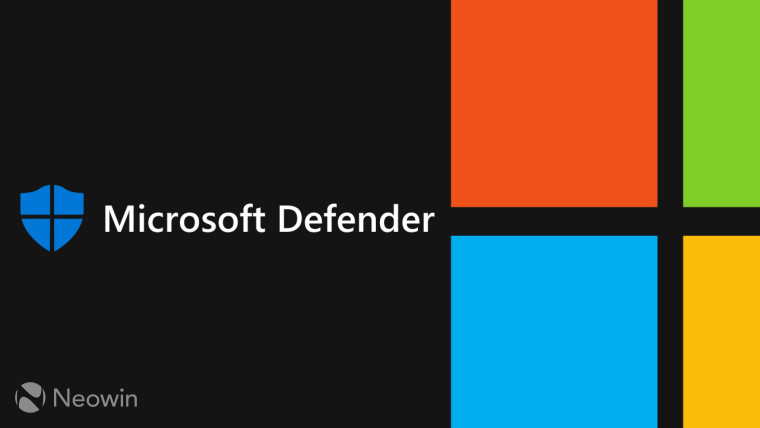
Microsoft, earlier this week, released its August Patch Tuesday security updates for Windows 10 (KB5029244) and Windows 11 (KB5029263/KB5029253) and also Servers. The one for 10 finally fixed an Intel DirectX issue on an older Windows 10 version.
Also, a bit bizarrely perhaps, this month"s Patch also enables a kernel security vulnerability fix by default, something Microsoft had cautioned back in June that it could potentially break something on your system.
Speaking of security patches, the company, a couple of days later also released a Microsoft Defender update for Windows 11, Windows 10, and Servers, installation images. It explains in the support article:
The first hours of a newly installed Windows deployment can leave the system vulnerable because of a Microsoft Defender protection gap. This is because the OS installation images may contain outdated antimalware software binaries.
Defender updates also contain critical performance fixes that will improve the user experience. Devices using either the Windows built-in antivirus or another security solution can benefit from these updates.
This article describes antimalware update package for Microsoft Defender in the OS installation images (WIM and VHD files). This feature supports the following OS installation images:
- Windows 11
- Windows 10 (Enterprise, Pro, and Home editions)
- Windows Server 2019
- Windows Server 2016
Version information
- Defender package version: 20230809.1
- Platform version: 4.18.23070.1004
- Engine version: 1.1.23070.1005
- Security intelligence version: 1.395.68.0
From Microsoft"s security bulletin, we learn that the security intelligence update version 1.395.68.0 was released just a couple of days ago. It adds threat detections for various trojans, ransomware, and backdoor exploits, among others. It also blocks AutoKMS (Key Management Service) Windows patching software. For those wondering, the latest intelligence update is version 1.395.318.0 at the time of writing.
Aside from Windows, Microsoft also rolled out Office security updates for Outlook, Excel, Word, and more, which fix issues like spoofing and remote code execution (RCE). So you should probably update if you haven"t already (find the download links here).